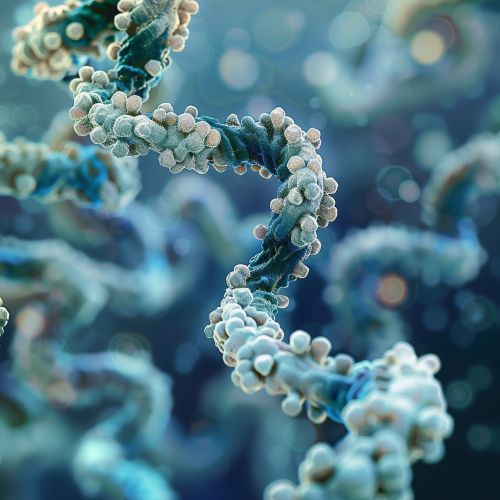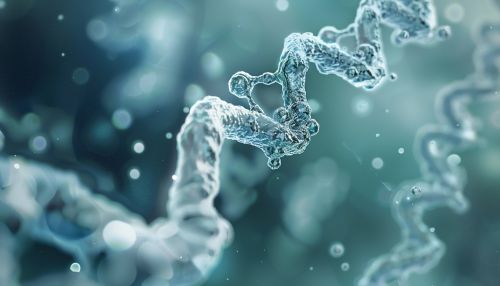Protein Metabolism
Introduction
Protein metabolism refers to the various biochemical processes responsible for the synthesis of proteins and amino acids (the building blocks of proteins), and the breakdown of proteins by catabolism. The processes of protein metabolism regulate the body's growth, cellular repair, and overall maintenance. Protein metabolism is a complex process that involves a series of reactions, each catalyzed by a specific enzyme. It is a crucial part of overall metabolism and is directly linked to hormonal balance, energy production, and the immune system.


Protein Synthesis
Protein synthesis is a two-step process that includes transcription and translation. During transcription, the information stored in the DNA is transferred to a messenger RNA (mRNA) molecule. This process takes place in the nucleus of the cell. The mRNA molecule then moves from the nucleus to the cytoplasm, where it serves as a template for translation. During translation, the information in the mRNA molecule is used to synthesize a protein. This process takes place in the ribosomes, which are the protein factories of the cell.
Protein Catabolism
Protein catabolism, or proteolysis, is the process by which proteins are broken down into their constituent amino acids. This process is carried out by various enzymes known as proteases. Proteolysis can occur in the stomach and intestines during digestion, or within cells, particularly in the lysosomes. The amino acids resulting from proteolysis can be used to synthesize new proteins, or they can be further broken down and used for energy production.
Regulation of Protein Metabolism
The regulation of protein metabolism is complex and involves a variety of hormones, including insulin, glucagon, and the growth hormone. These hormones work together to ensure that the body has a constant supply of amino acids for protein synthesis, and that excess amino acids are efficiently removed from the body.
Disorders of Protein Metabolism
Disorders of protein metabolism can lead to a variety of health problems. These can range from relatively mild conditions, such as phenylketonuria, which can be managed with dietary modifications, to more severe disorders, such as maple syrup urine disease, which can cause neurological damage and developmental delays.
Conclusion
Protein metabolism is a vital process that ensures the body's growth, repair, and maintenance. It involves complex biochemical reactions that are tightly regulated by various hormones. Understanding protein metabolism can provide insights into the causes and potential treatments for a variety of health conditions.
